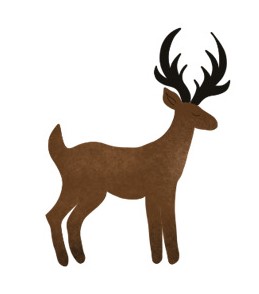
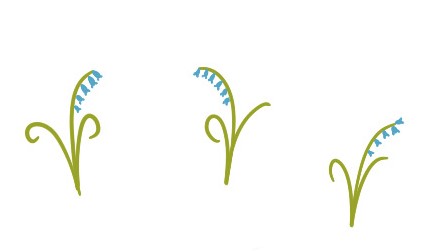 Everyday nature is just as important to us as the unusual wildlife we are sometimes lucky enough to see, or hear, around the hill. Lapwing, curlew, an orchid or a rare butterfly. And yet, special or common: nature all needs a helping hand to survive.
Everyday nature is just as important to us as the unusual wildlife we are sometimes lucky enough to see, or hear, around the hill. Lapwing, curlew, an orchid or a rare butterfly. And yet, special or common: nature all needs a helping hand to survive.
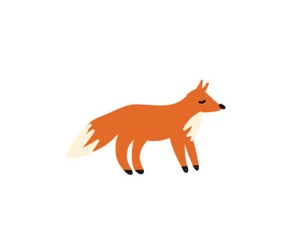 Did you know, some types of tree can be a home to over 2000 different species of wildlife? That's one reason why it is important to have more trees. Farmers have also planted new hedgerows around Pendle Hill to reduce flooding and capture carbon, and they have made their rivers cool by planting bankside trees.
Did you know, some types of tree can be a home to over 2000 different species of wildlife? That's one reason why it is important to have more trees. Farmers have also planted new hedgerows around Pendle Hill to reduce flooding and capture carbon, and they have made their rivers cool by planting bankside trees.  Supported by the Ribble Rivers Trust, we have created new woodlands by planting hundreds of
Supported by the Ribble Rivers Trust, we have created new woodlands by planting hundreds of 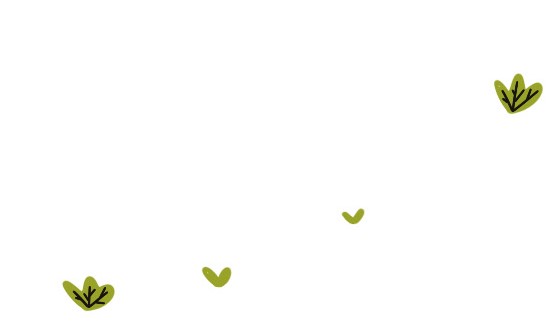 saplings; and helped manage older woodlands by removing invasive species that are not so good for wildlife.
saplings; and helped manage older woodlands by removing invasive species that are not so good for wildlife.
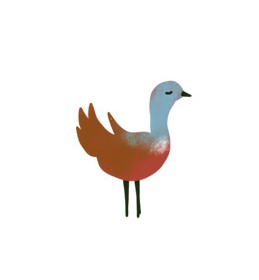 Farmers have also been helping nature by re-establishing hay meadows. These are grass fields that have a profusion of wildflowers: creating a nectar source for hundreds of pollinators!
Farmers have also been helping nature by re-establishing hay meadows. These are grass fields that have a profusion of wildflowers: creating a nectar source for hundreds of pollinators!
Restoring the peatlands and wet bogs on top of the hill also helps nature and the climate. Our tasty Peat Pie celebrates this wet bog lying on top of Pendle. Its layers represent the rock, peat and sphagnum moss which make up this amazing habitat.
Volunteers have been out in force too, surveying wildlife at sites like Spring Wood and the Clarion House.
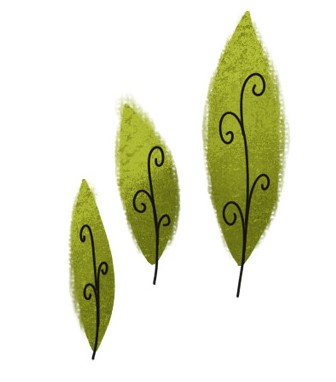 Noticing nature can really help our wellbeing. Taking a moment to look at a humble dandelion or listen to the birds can heighten our senses and improve our mood. Our 72 Seasons project helped people to really notice and connect. Nature has brought us joy, and if well looked after, it will continue to provide us with hope for the future.
Noticing nature can really help our wellbeing. Taking a moment to look at a humble dandelion or listen to the birds can heighten our senses and improve our mood. Our 72 Seasons project helped people to really notice and connect. Nature has brought us joy, and if well looked after, it will continue to provide us with hope for the future.
